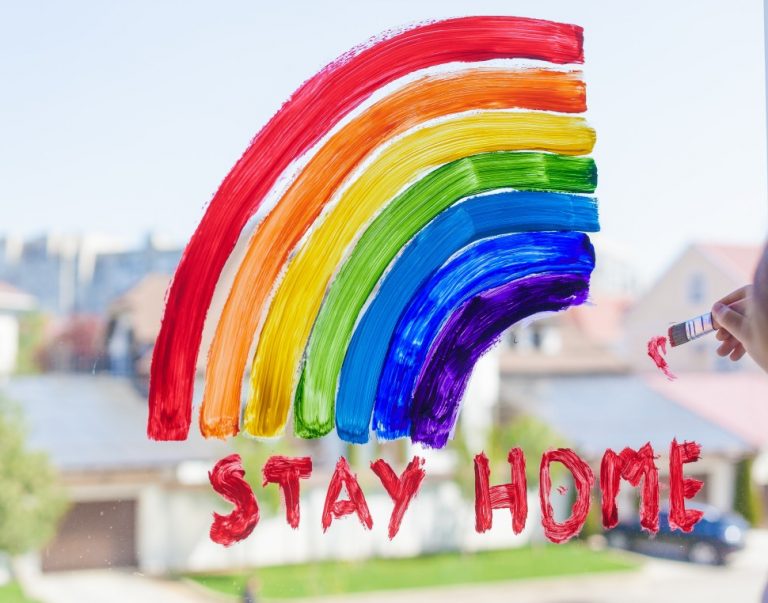Dealing with the Social Isolation of the Covid-19 Pandemic
"Sana has been in social isolation for 3 days and she's losing her mind. She wants to go outside, but she can't. Plus, the news keeps reporting scary things. Sana is scared and anxious".

For many children, this may be the first time they are experiencing a disease that has affected people and places in a large scale, and many of them may still not fully understand what is going on. What they do know, however, is that they can no longer visit their playmates and neighbors, and can no longer go to school for now.
These factors can trigger a wave of emotional disturbances in children, including depression, panic, and fear. If unchecked, these challenges may continue with them even onto adulthood resulting in anxiety disorders, obsessive compulsive disorders, or even major depressive disorder. It is therefore imperative for parents to get in touch with their children from time to time during this period, to help calm their fears and reduce the impact of the pandemic on their mental health
"Sana has been in social isolation for 3 days and she's losing her mind. She wants to go outside, but she can't. Plus, the news keeps reporting scary things. Sana is scared and anxious".
The world has been dealing with COVID-19 for nearly two years now; the media is filledCOVID-19 headlines and all the brouhaha it come with. But one thing we all already know is that the disease is killing many, and infecting even more So the question we all have been asking is: how do we reduce our risk of catching this infection?
